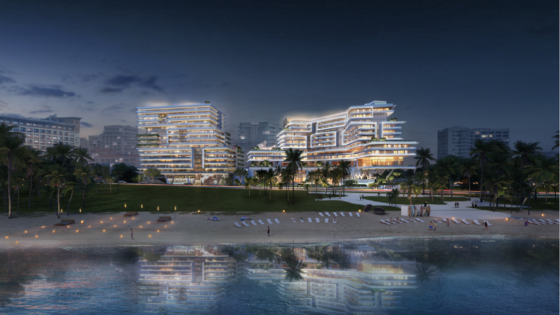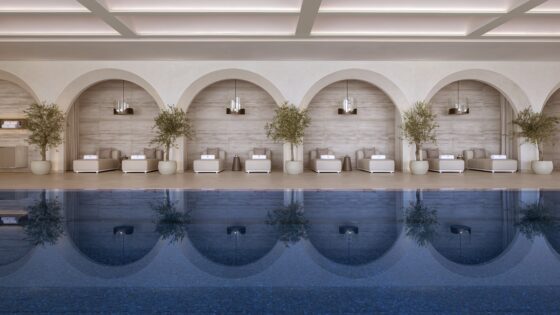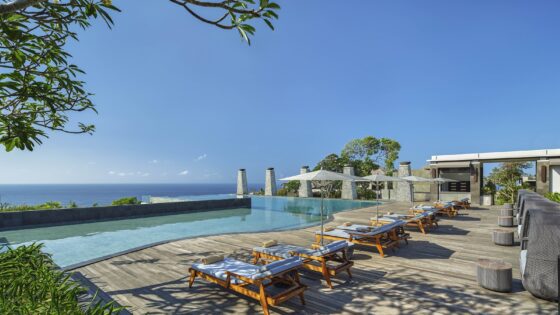WATG’s roots were planted 75 years ago in Honolulu by our founders George “Pete” Wimberly and Howard Cook, who adopted the enduring cultural principles from Hawaii including ‘Ohana, meaning “family” or “extended kin”. Anthony Mallows, President and CEO of WATG, writes…
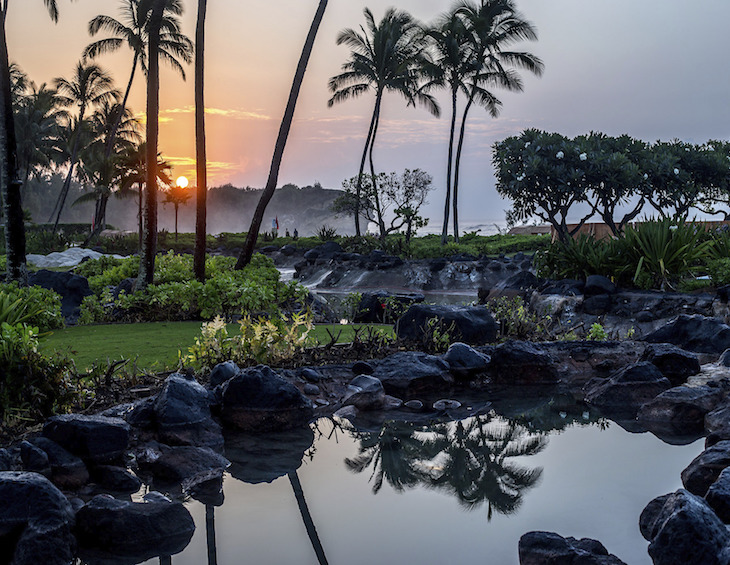
The spirit of the islands taught us to focus on community strength, self-reliance and sustainability, which we still prioritise each and every day.
Through 2020, we have been collectively reflecting on how our island identity, roots and corporate culture have led to our long-term business resilience. It is my pleasure to share these insights with my fellow business leaders.
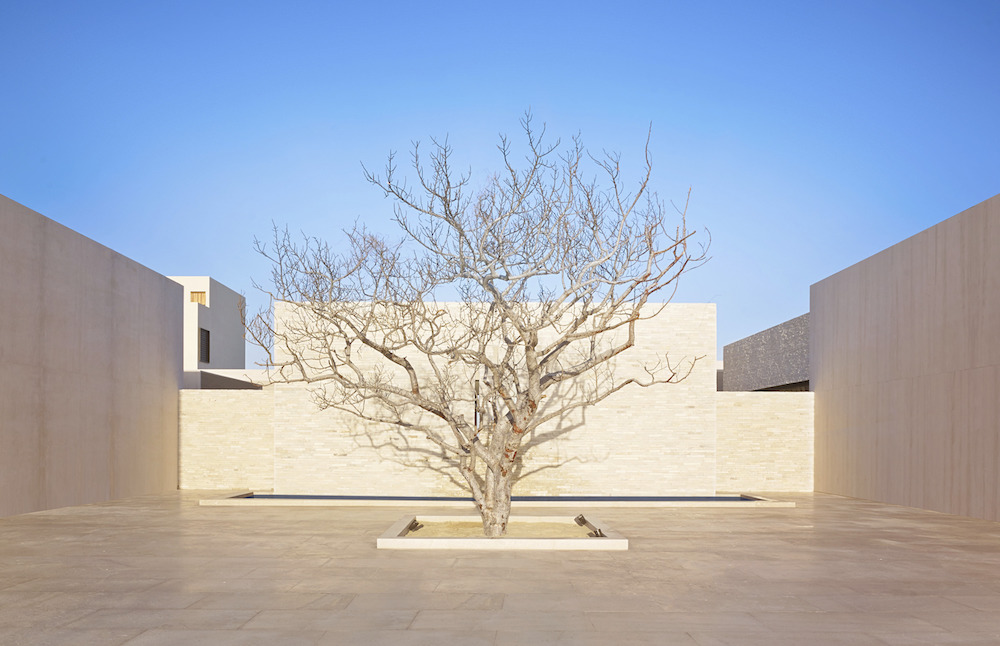
Image caption: Nobu Los Cabos | Image credit: WATG
1) Build a culture of ‘Ohana.
Even if you aren’t Hawaiian, let the concept of ‘Ohana define your organization. Strong, bonded teams celebrate good times and fight their way through life’s obstacles. They know that they can’t row it alone and they are stronger together than they are as individuals. A culture of ‘Ohana is also key to employee retention and creating a healthy, positive relationship with work. Actively drawing from ‘Ohana helps bring our team together through shared values, purpose, and performance. That’s the type of supportive environment we must all foster to create a “best place to work” for employees. This year has certainly reinforced the need for team collaboration and we were fortunate to have built a strong foundation over the last 75 years which has helped us weather the challenge of 2020 together.
2) Let Aloha guide you.
An aloha spirit has given WATG strength for generations and has been a critical component of how we define ourselves: how we hire, how we build our client relationships, create design solutions, and pivot during the inevitable obstacles. Aloha focuses on connectivity, peace, compassion, and a mutual understanding of respect: living in harmony with the people and land around you. Some of this might sound counterintuitive in business but it shouldn’t be. Aloha has given our firm its purpose: We are here to propel and inspire each other through exceptional design that drives long-term value for our clients and extraordinary experiences for their guests and visitors.
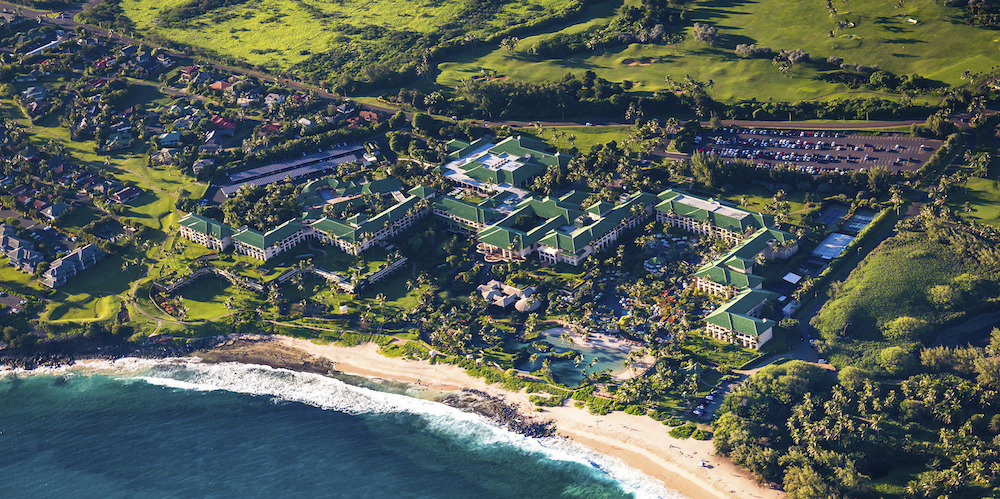
Image caption: Grand Hyatt Kauai from above by Nicholas Doyle
3) Work with what you have.
Look at any island community or nation. Islanders live life in the balance of the elements. They are highly cooperative in the measures they take and share an overall concern for their environment that is different than the typical urban dweller. Resilience and sustainability are more than pillars of our firm. They inform how we work each and every day. In a world where almost anything can be imported or bought online, it’s important that all businesses become a part of their own local communities: take a look around, get to know your local purveyors, craftspeople, artisans and other small businesses. When businesses support local talent and work with what they have, they can begin to ensure that the places and experiences they create balance the long-term social, economic, and environmental needs of a community that will leave them thriving for generations to come.
4) Always be prepared for a hurricane.
A colorful sunset and perfect temperatures can make you feel without a care in the world, but when you live in paradise you must always be prepared for a hurricane. 2020 has highlighted the need for storm preparation for all of us. Boom and bust cycles are inevitable and each generation will experience ups and downs. Downtimes bring the culture of your organisation to the surface. How do you handle failure? Do your people remain calm? Can your leadership team make tough decisions that hurt now, but better the company in the long-term? Is leadership effectively communicating the importance of tough decisions for the health of the company long-term? WATG has weathered 12 different economic recessions, starting with WWII. If this is your first world event, know that firms fit to survive can advance during tough times: finding new niches, partnering with new clients, pushing the boundaries of creative problem-solving and seeking out new talent. The key is active and quick decision making based on an evaluation of your talent, skill, and position in the market. Adversity begets innovation and entrepreneurial thinking. Empower and enable your teams to think and work differently. Every member of Ohana plays an equally critical role during a storm – give them the leeway to be creative. In times of crisis and collective sacrifice, people will deliver in extraordinary ways.
5) Let the tide take you to new places
Our founder Pete Wimberly coined the term “have pencil, will travel” and used to travel with a pencil, a lightbulb, and a screwdriver as they were regularly in far-flung, underdeveloped resort destinations. Staying overnight in guesthouses or beach huts, he used his pencil to sketch; his lightbulb to see, as most of these places had poor or no lighting; and the screwdriver to remove a bathroom door to convert into a sketch table. Wimberly himself developed a friendship with Juan Trippe, the founder of PanAm, which owned InterContinental Hotels & Resorts. During the post-war period, the two of them pioneered into the southern hemisphere – Juan creating new air passageways and Pete designing the hotels and resorts. Because of this adventurous spirit, WATG is largely credited with developing the South Pacific as a global tourism destination. Encourage exploration and nurture your employees’ hunger for adventure. Reward employees for their curiosity and encourage them to explore new places, and reel in a big fish to bring home to the family.
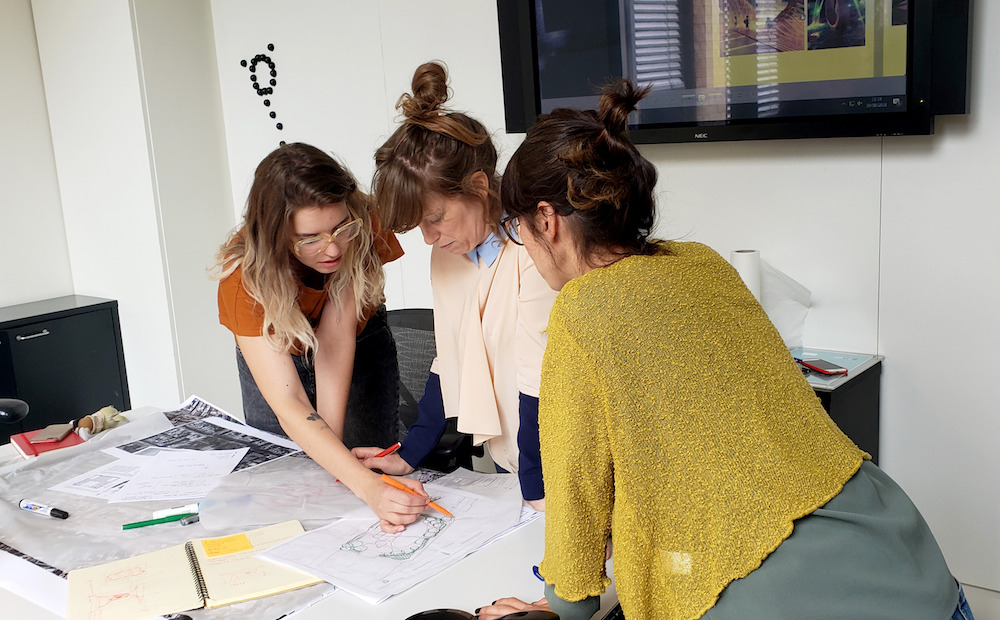
Image credit: WATG
6) Foster mutual respect
Our presence spans from Hawaii around the globe to London, the Middle East, Singapore and Shanghai, so whatever time zone we are in, we always make sure to carve out time to enjoy each other’s company, really getting to know one another on a personal level. It is estimated that we will spend one third of our lives at work – approximately 90,000 hours over an average lifetime. Time spent listening to one another, appreciating each other’s stories and authentically understanding where someone ‘comes from’ are fundamental extensions of mutual respect. When we share these experiences, we share our values. We are enriched personally and creatively by our own culture in addition to the culture of others. This process helps evolve our multifaceted understanding of ‘Ohana. And like many diverse communities all over the world, allows us to appreciate the lessons and creativity of those that came before us 75 years ago.
Main image credit: WATG

